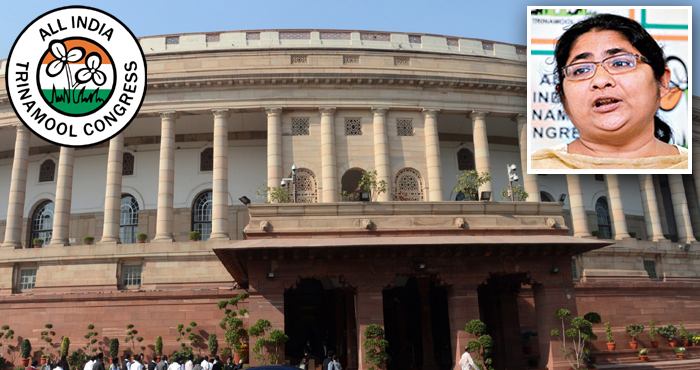FULL TRANSCRIPT
Sir, the proposal to levy 2% tax if annual cash withdrawals exceed Rs 1 crore will affect Bengal’s Tea industry as most gardens disburse wages in cash. Around 3.25 lakh workers are employed in 276 tea gardens in the state, around 90 per cent are still paid their weekly or fortnightly wages in cash.
“Several tea estates have a huge workforce and their annual expenditure on account of wages is much higher than Rs 1 crore. These gardens will have to bear this TDS, which means additional expenditure that will add to the production costs,” said Prabir Bhattacharjee, secretary-general of the Tea Association of India.
For example, if there are 1,200 workers in a tea estate in Bengal, where the daily wage is Rs 176, an annual payment to the workers means a sum of around Rs 7 crore, which means a TDS deduction of around Rs 12 lakh, an additional expenditure for the garden. Then, there are other payments like bonus, which would push the tax bill up even further.
In November 2016, when the Centre had demonetised 1,000 and 500-rupee notes and laid stress on digital modes of payment, the disbursal of tea workers’ wages got delayed because of the cash crunch.
The banking infrastructure is so weak in these areas the management had to resume wage disbursement in cash as the workers refused to travel around 30-40 km to reach the nearest banks. Even though private banks have opened ATMs in some areas the telecom connectivity is weak, therefore the workers demand their wage in cash.
After the BJP won all the seats in the Tea growing area the Tea industry had been expecting some good news for the industry that is going through a rough patch. But the budget haa dashed their hopes.

